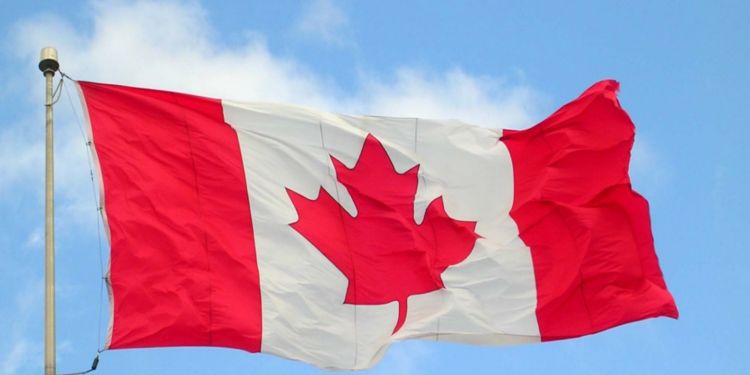EDUCATION
Canada Extends Work Permit Eligibility for International Students Until 2026
Canada Extends Work Permit Eligibility for International Students Until 2026

Canada has announced an extension of the grace period for international students affected by recent updates to the Post-Graduation Work Permit (PGWP) programme, pushing the implementation of new rules to early 2026.
The decision brings welcome relief to students enrolled in non-degree college courses that were previously set to lose eligibility for post-study work permits this year.
Under the revised timeline, hundreds of diploma and certificate programmes that were due to be removed from the PGWP eligibility list on June 25 will now remain valid for several more months. Students who submitted study permit applications between June 25 and July 4, 2025, will also remain eligible despite the policy changes.
As a result of the extension, the number of eligible programmes has increased from 920 to 1,107 — providing more graduates with the chance to gain valuable Canadian work experience for up to three years after graduation. The PGWP is a popular pathway that allows graduates of designated learning institutions (DLIs) to work in any sector and is often used as a route to permanent residency through programmes such as Express Entry.
Changes to Programme Classification
This extension follows concerns raised by students and educational institutions over the speed and scope of reforms announced by Immigration, Refugees and Citizenship Canada (IRCC). The IRCC recently updated the Classification of Instructional Programmes (CIP) codes that determine which courses qualify for post-graduation work rights.
In the update, 119 new CIP codes were added — mainly in education — while 178 were removed, including all transport-related programmes. The new rules primarily affect non-degree college courses and students who submitted study permit applications on or after November 1, 2024.
However, the IRCC confirmed that students who applied for study permits before June 25, 2025, remain protected under the previous rules. This means they will still qualify for a PGWP if their programme was eligible at the time of application.
Who is Exempt?
The recent changes do not affect students enrolled in bachelor’s degrees at colleges or undergraduate, master’s, or doctoral degrees at universities. These programmes remain exempt from field-of-study restrictions linked to the work permit.
To qualify for a PGWP, international students must complete a programme of at least eight months at a designated institution, study full-time except in their final semester, and apply for the permit within 180 days of receiving their final results.
By extending the grace period to 2026, Canadian authorities hope to give students and schools more time to adjust before the new rules take full effect.
Discover more from 9jaPolyTv
Subscribe to get the latest posts sent to your email.

 EDUCATION19 hours ago
EDUCATION19 hours agoJAMB awards N710m to ABU, Kaduna Polytechnic, 4 others

 EDUCATION6 hours ago
EDUCATION6 hours agoCountries That Accept HND for Master’s – Where HND Graduates Can Study Abroad

 EDUCATION18 hours ago
EDUCATION18 hours agoFG sets 16 as minimum age for tertiary school admission

 POLYTECHNIC NEWS19 hours ago
POLYTECHNIC NEWS19 hours agoDelta Polytechnic embroiled in power tussle as Commissioner reinstates suspended Rector

 EDUCATION19 hours ago
EDUCATION19 hours agoShelve planned strike, NANS begs ASUUShelve planned strike, NANS begs ASUU

 EDUCATION18 hours ago
EDUCATION18 hours agoAkwa Ibom Expands ₦20,000 NYSC Monthly Allowance to Indigenes Nationwide

 EDUCATION19 hours ago
EDUCATION19 hours agoFG Partners with Amazon Web Services to Provide Free Digital Skills Training in Nigerian Tertiary Institutions

 EDUCATION19 hours ago
EDUCATION19 hours agoNECO Opens 2025 SSCE External Registration Nationwide, Sets September Deadline
































